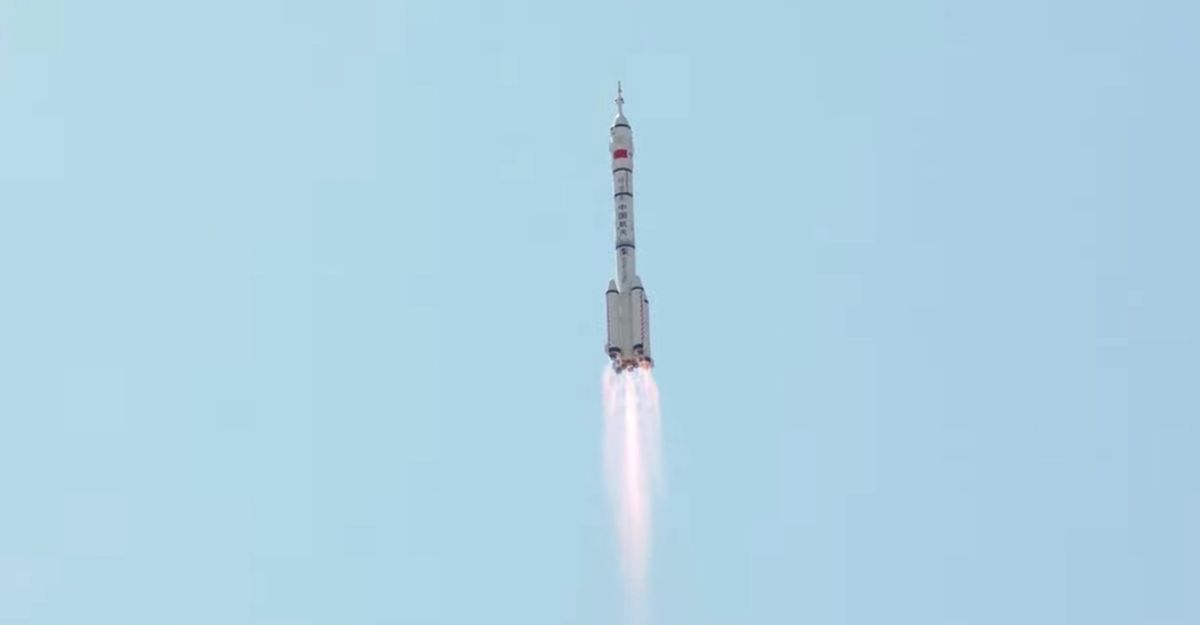Seeds despatched together with a Chinese language astronaut mission have been returned to Pakistan following a six-month-long keep aboard the Tiangong space station.
Pakistan despatched units of seeds from seven medicinal plant species to Tiangong aboard China’s Shenzhou 14 spacecraft in June final 12 months. The experiment sought to result in helpful mutations within the seeds’ genes by exposing them to cosmic radiation and microgravity.
Shenzhou 14 and its crew returned to Earth on Dec. 4. A ceremony celebrating the return of plant seeds from Tiangong was held in Islamabad, Pakistan, on Feb. 8.
Associated: Weightlessness and its effect on astronauts
The seeds are to help Pakistan’s analysis into creating extra environmentally tolerant seeds. Pakistani scientists deliberate to plant these seeds and atypical seeds on the similar time to conduct comparative analysis on genes and development traits, in response to CCTV (opens in new tab).
China has itself lengthy sent seeds into space in an effort to develop new kinds of crops with higher yields and flexibility.
The train is an instance of worldwide cooperation on the Tiangong space station, which is able to quickly develop to seeing international experiments being despatched to the three-module orbital outpost by a joint China-United Nations program.
Past this, Pakistan has previously stated (opens in new tab) its intent to ship its astronauts to Tiangong, although the Chinese language facet has but to publicly affirm it will happen. The European House Company won’t be sending its astronauts to China’s space station anytime quickly nonetheless, regardless of coaching exchanges lately.
Observe us on Twitter @Spacedotcom (opens in new tab) and on Facebook (opens in new tab).




